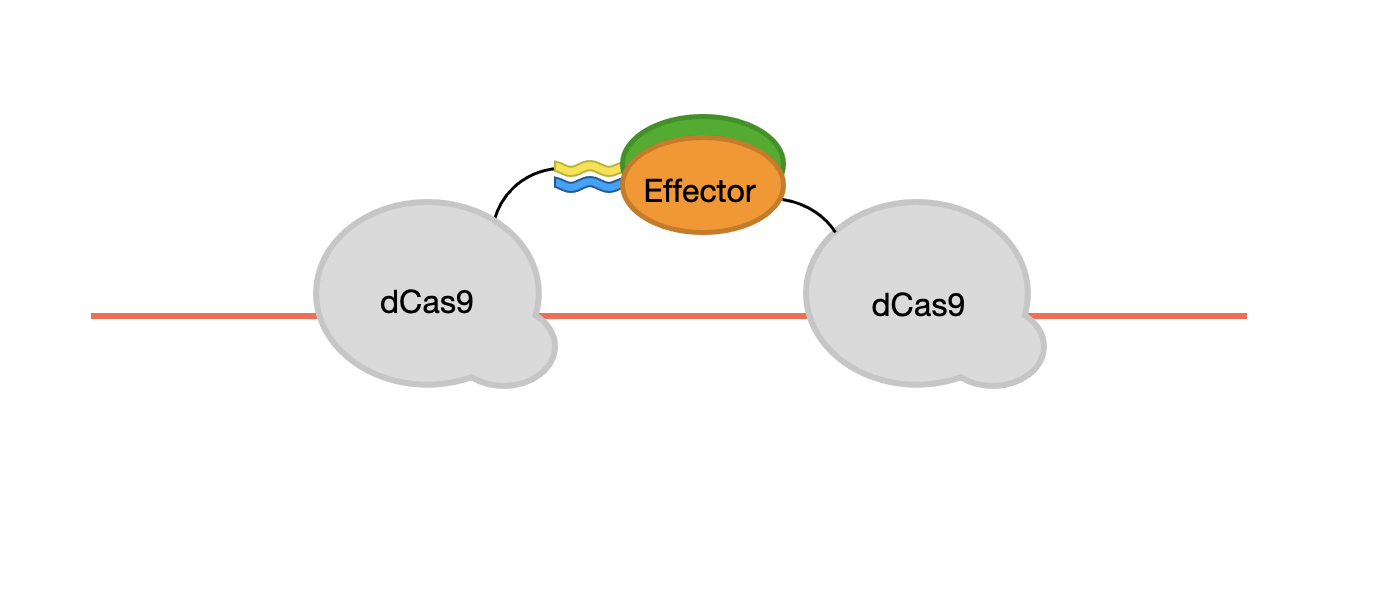Most conventional drugs are small-molecules that have a molecular mass of less than 1000 Da. This imparts them with several technical (e.g. ease of production) and pharmacological advantages (e.g. ease of tissue distribution and cell permeability). However, due to their small surface area, they may induce non-specific effects on multiple different biomolecules. While macromolecules such as DNA and proteins have difficulty getting into tissues and cells, their larger surface area and capacity for multiple chemical interactions enables exquisitely specific binding with their target molecules. Our lab is interested in using macromolecular therapeutics, in particular protein-based therapeutics, for the treatment of cancers and other diseases for which small-molecule therapies have proven to be toxic due to non-specific effects. Our current work is focused on using the specific DNA-recognition capabilities of CRISPR systems to safely treat genetic diseases. In addition, we are exploring new ways to deliver macromolecular therapeutics into cells, and thereby circumvent one of the major limitations restricting their use.
Macromolecular Therapeutics

